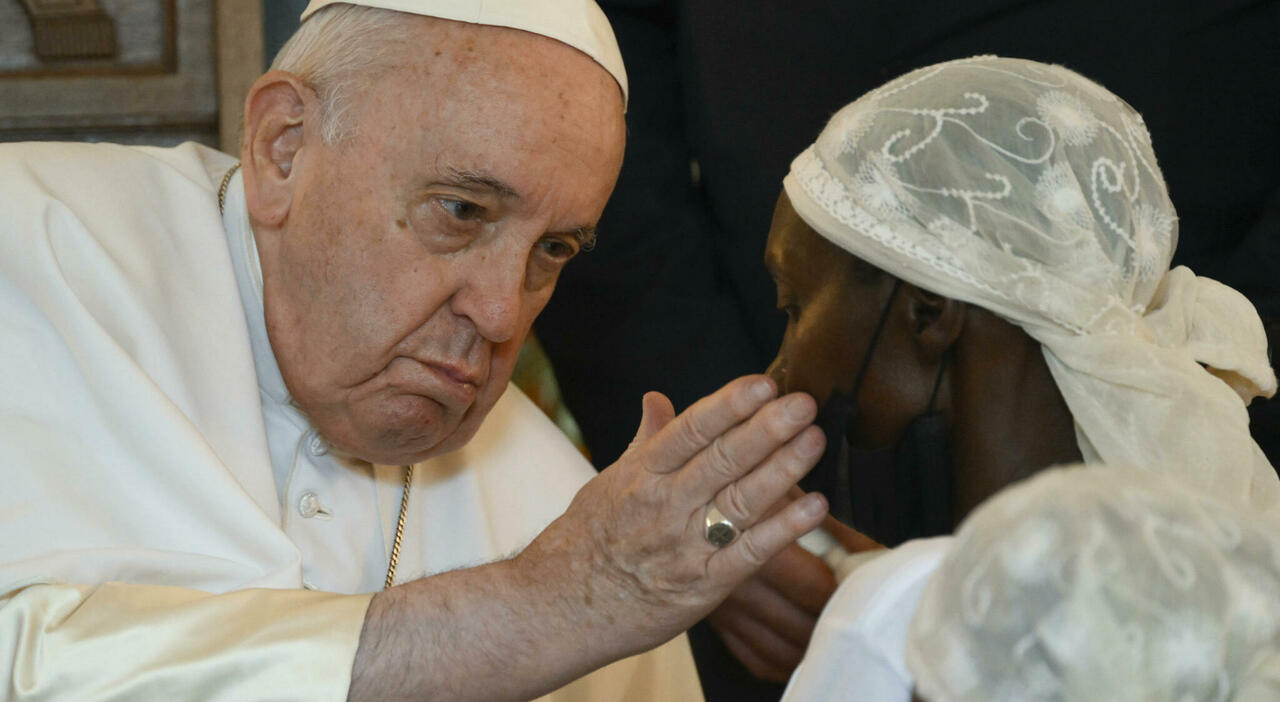Thursday 11 April 2024, 12:14
The mentality that leads to considering one's existence a burden to oneself and loved ones is spreading rapidly. This slope ultimately affects the non-self-sufficient elderly and the sick, or even the "unborn with disabilities". For the former, especially if they are in the final stage, "sweet death, disguised euthanasia" is administered, while for the latter, abortion is practiced. Pope Francis accurately describes that slippery slope that, moving from common (ethical or cultural) sentiment, then spills into the political field and translates into laws and new norms. At the base, according to Bergoglio's denunciation, is what he calls the "culture of discard, which, in fact, knows no boundaries".
What does it consist of? "When it is presumed that it's possible to establish, based on utilitarian and functional criteria, whether and when a life has value and is worthy of being lived. This type of mentality can lead to serious violations of the rights of the weakest, to severe injustices and inequalities where one is predominantly guided by the logic of profit, efficiency, or success. But there is also, in today's culture of discard, a less visible and very insidious aspect that erodes the value of the person with disabilities in the eyes of society and in their own eyes." Pope Francis sees the rapid spread of a mentality that transforms the culture of discard into a culture of death.
"Ultimately, people are no longer felt as a primary value to respect and protect, especially if they are poor or disabled, 'not needed yet' - like the unborn -, or 'no longer needed' - like the elderly. This is very important, the two extremes of life: the unborn with disabilities are aborted, and the elderly in the final phase are given the sweet death." The speech that Francis articulated this morning was inspired by the Plenary Assembly of the Pontifical Academy of Social Sciences, which has just met to discuss disabilities (Disability and the human condition. Changing the social determinants of disabilities and building a new culture of inclusion)
Francis explains that Jesus was the first to come into direct contact with those living with disabilities, establishing a relationship and also changing the meaning of their experience. "Indeed, He introduces a new perspective on the condition of people with disabilities, both in society and before God. For Him, every human condition, even that marked by significant limitations, is an invitation to weave a unique relationship with God that makes people flourish: think, for example, of the blind Bartimaeus in the Gospel."
© ALL RIGHTS RESERVED
This article is automatically translated
